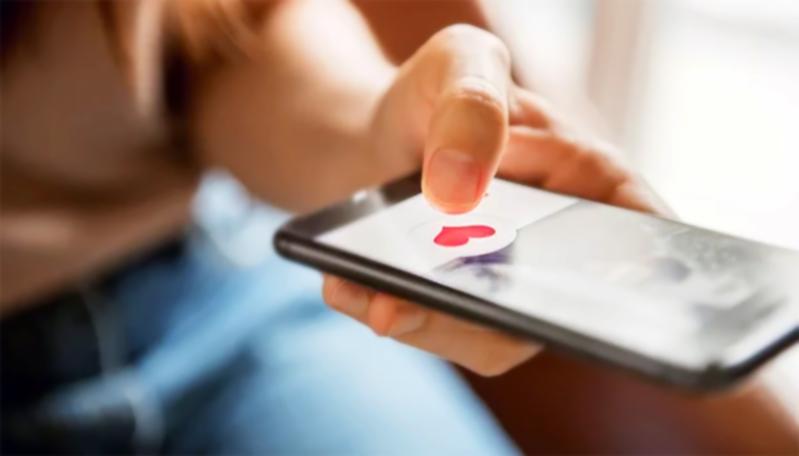Love digitally


With Valentine's Day right around the corner, Joyce Yip examines how the pandemic has affected app-based dating behavior.
During the countless times that Manuel Tsang, 40, dined at the restaurant where Melanie Wenko, 35, was a receptionist, he could never muster the courage to say hi - until they matched on dating app Bumble early last year. After some quick exchanges following his opening line of "Fancy seeing you on here", they swapped numbers and moved the conversation to WhatsApp. Within weeks of being matched, they met for an afternoon coffee - the Hong Kong government having implemented a post-6pm ban on dining out to reduce the spread of COVID-19.
"In general, the challenge with (dating during the pandemic) was finding the right place to meet up - it was either at your place, which sometimes can have the wrong connotations, or we had to settle for a coffee shop or walk along the street," says Tsang. "Mel and I are really lucky to have found each other."
As the pandemic and social-distancing regulations make life difficult for people looking to date, singles are increasingly relying on dating apps, where first impressions are formed on a snippet of information, perhaps mentioning how much someone loves hiking or their pet. But studies carried out as long ago as 2008 by researchers at Northwestern University, in the US state of Illinois, and as recently as last December by Hong Kong dating app Coffee Meets Bagel show that it's not easy to tell who might be the right fit when it comes to seeking out prospective partners - thus challenging the idea of dating apps' usefulness on the path to finding love.
- Avalanche in Xinjiang leaves one dead
- Research ward at children's hospital in Shanghai treats over 200 patients with rare diseases
- Chongqing symposium examines planning cities around sound, smell, touch
- Former Qingdao legislature chief under investigation
- Former Xinjiang prosecutor Guo Lianshan under investigation
- Shandong and SCO discuss trade, investment and supply chain cooperation





































